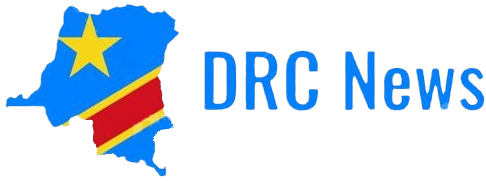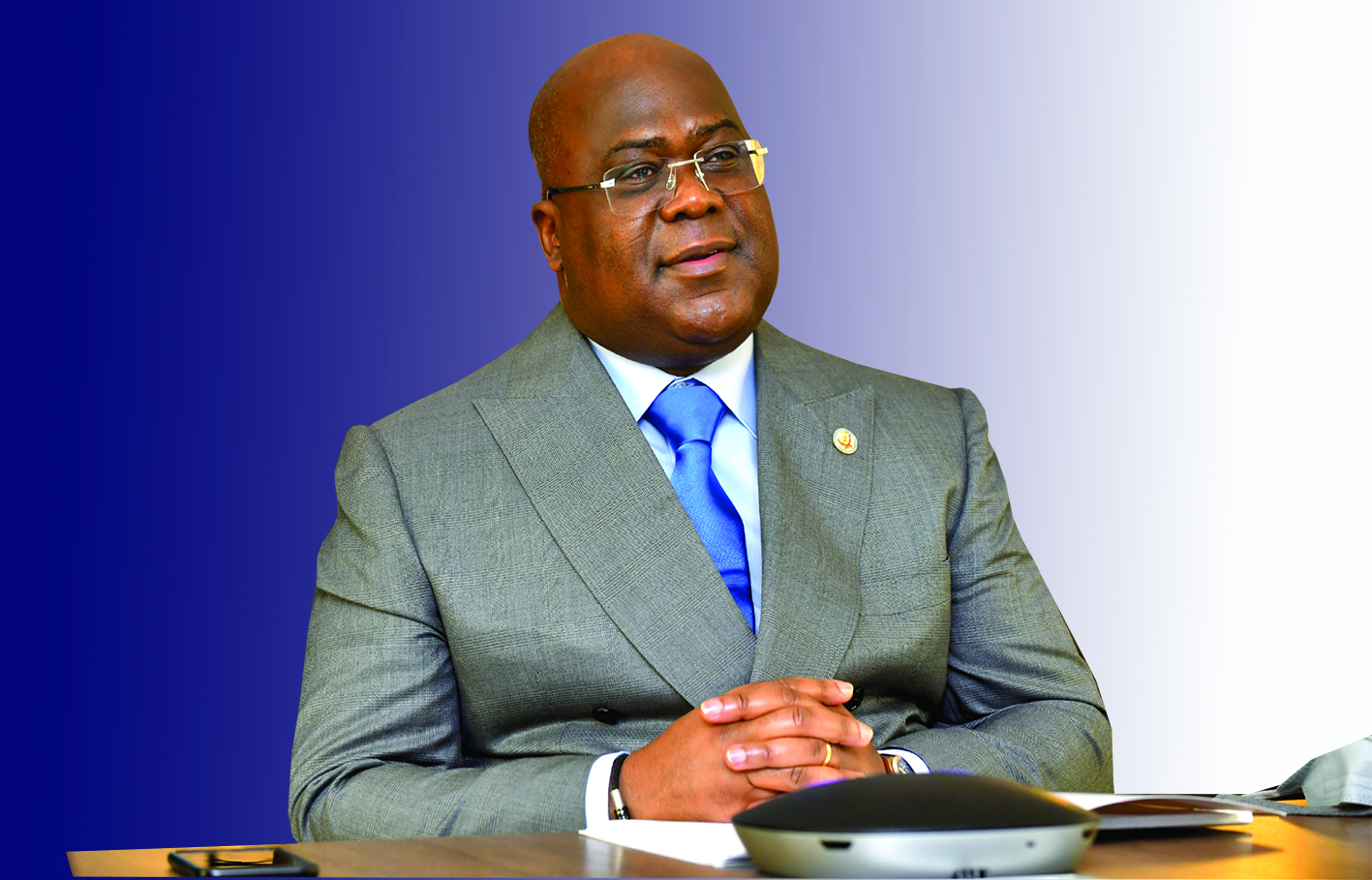(Kinshasa) – Police violently dispersed peaceful protesters in Kinshasa, the capital of the Democratic Republic of Congo, on May 20, 2023, arresting dozens of people and seriously injuring at least 30, Human Rights Watch said today. The police said they have opened an investigation into the violence against the protesters and announced that they had arrested three policemen for beating a child.
On May 22, President Felix Tshisekedi publicly congratulated the police chief who oversaw the police operations, in which police beat protesters in Ngaba commune and dispersed them with tear gas: “You are a very good citizen, you deserve to rise in rank and you will rise again, you are a true professional,” he said. “Bravo for the work you have done, zero deaths … the thugs have been controlled, it’s very good.” Tshisekedi’s comments raise serious concerns that the police investigation into the violence will not be impartial, and that the government is encouraging excessive use of force by the police in future demonstrations.
“The Congolese police’s brutality against protesters is an attempt to silence dissent and deter future demonstrations,” said Carine Kaneza Nantulya, deputy Africa director at Human Rights Watch. “The president should not be rewarding senior officers when demonstrators are violently repressed, but instead ensuring that investigations are credible and fair and that all found responsible for abuse are appropriately sanctioned or prosecuted.”
A coalition of opposition political parties announced the march on May 12 to denounce the high cost of living, the opacity of the electoral process, and the persistent insecurity in eastern Congo. Participants included Martin Fayulu of Commitment to Citizenship and Development (Ecide), Moise Katumbi of Together for the Republic, Matata Ponyo of Leadership and Governance for Development (LGD), and Delly Sesanga of Set of Volunteers for the Recovery of the DRC (Envol).
Bienvenu Matumo, an activist and member of the citizen movement La Lucha, said: “A dozen police officers came to disperse us. I resisted because I wanted to participate in the march, so they punched me. They then took me to a police cell where I was held for more than five hours.”
Several videos that went viral on social networks show police officers alongside people in civilian clothes beating peaceful demonstrators, including a child, with wooden sticks, which have sparked an outcry throughout the country. In Ngaba neighborhoods, police dispersed protesters by firing tear gas. Some demonstrators, reacting to the police violence, threw stones and projectiles at the police officers.
The Kinshasa provincial police commissioner reported that 30 police officers were injured, including 27 by demonstrators and 3 by gang members; 20 people were arrested for vandalizing a police bureau, and 3 police officers were arrested for brutalizing demonstrators and a minor.
Several authorities commented on the crackdown. The minister of human rights, Albert Fabrice Puela, issued a statement on the same day, condemning the violence and calling for an urgent investigation to establish responsibility for the rights violations and “end the cycle of violence.”
Members of civil society groups, the European Union, the United Nations Stabilization Mission in Congo (MONUSCO), the US Embassy, and the Roman Catholic Church all condemned the violent crackdown and called for the respect of civil liberties in the period leading up to the election, expected in December 2023.
At the same time, the governor of Kinshasa, Gentiny Ngobila, said that protesters did not abide by the government’s rules and failed to follow the authorized itinerary for their demonstration. Ngobila said he would file a complaint against the organizers of the march for alleged acts of vandalism by political party militants. The Congolese government is obligated under the constitution and international human rights law to respect and uphold the right to peaceful protest.
Congolese authorities should direct security forces to abide by the UN Basic Principles on the Use of Force and Firearms by Law Enforcement Officials, Human Rights Watch said. The Basic Principles state that security forces shall “apply non-violent means before resorting to the use of force and firearms.” Whenever the lawful use of force and firearms is unavoidable, law enforcement officials should exercise restraint and act in proportion to the seriousness of the offense and the legitimate objective to be achieved, minimize damage and injury, and respect and preserve human life. The Basic Principles also provide that in case of death or serious injury, “a detailed report shall be sent properly to the competent authorities.”
“As Congo prepares for elections later this year, the government should take all necessary steps to ensure that everyone is able to peacefully express their views without fear of being arrested or beaten by the security forces,” Kaneza Nantulya said.
CREDIT: Human Rights Watch


